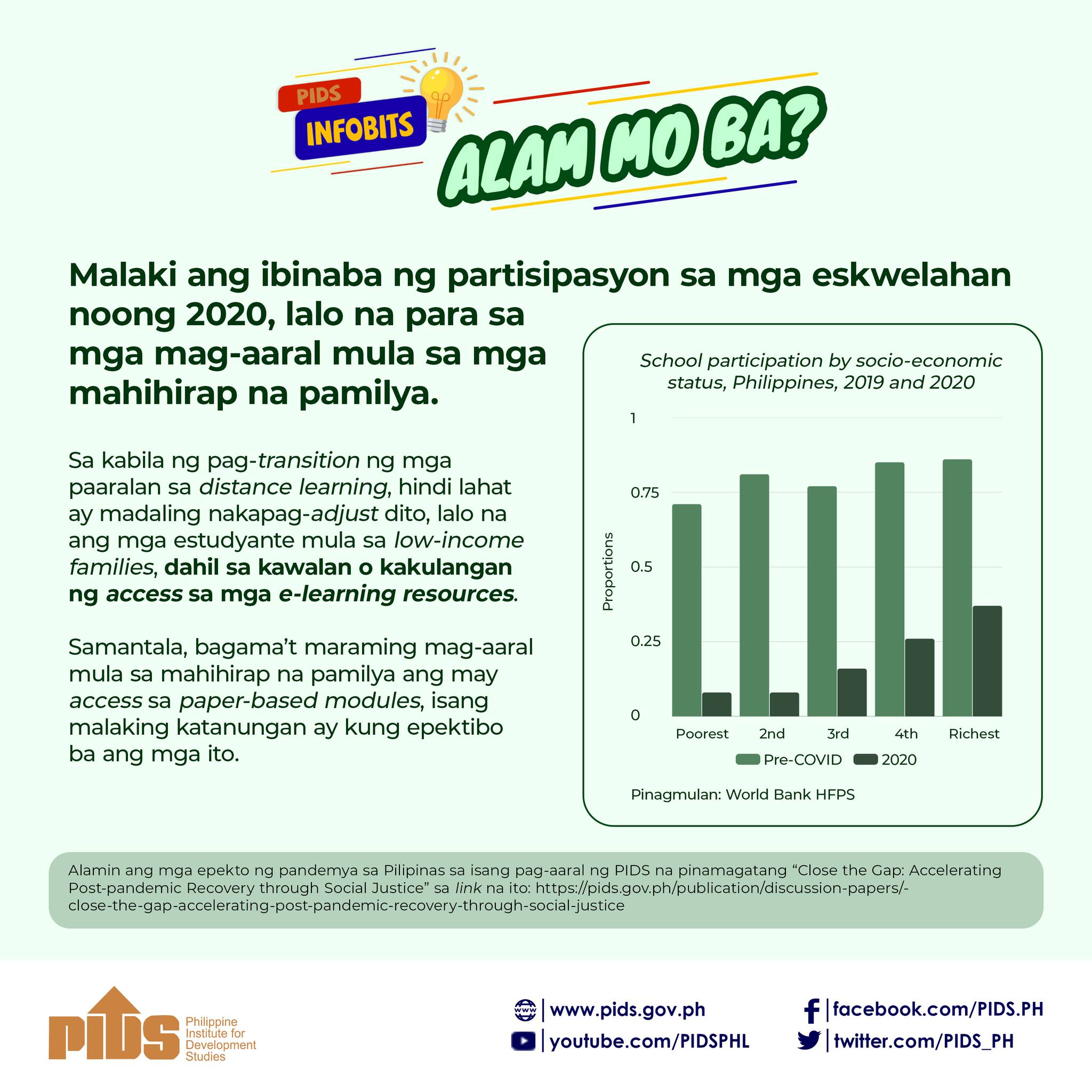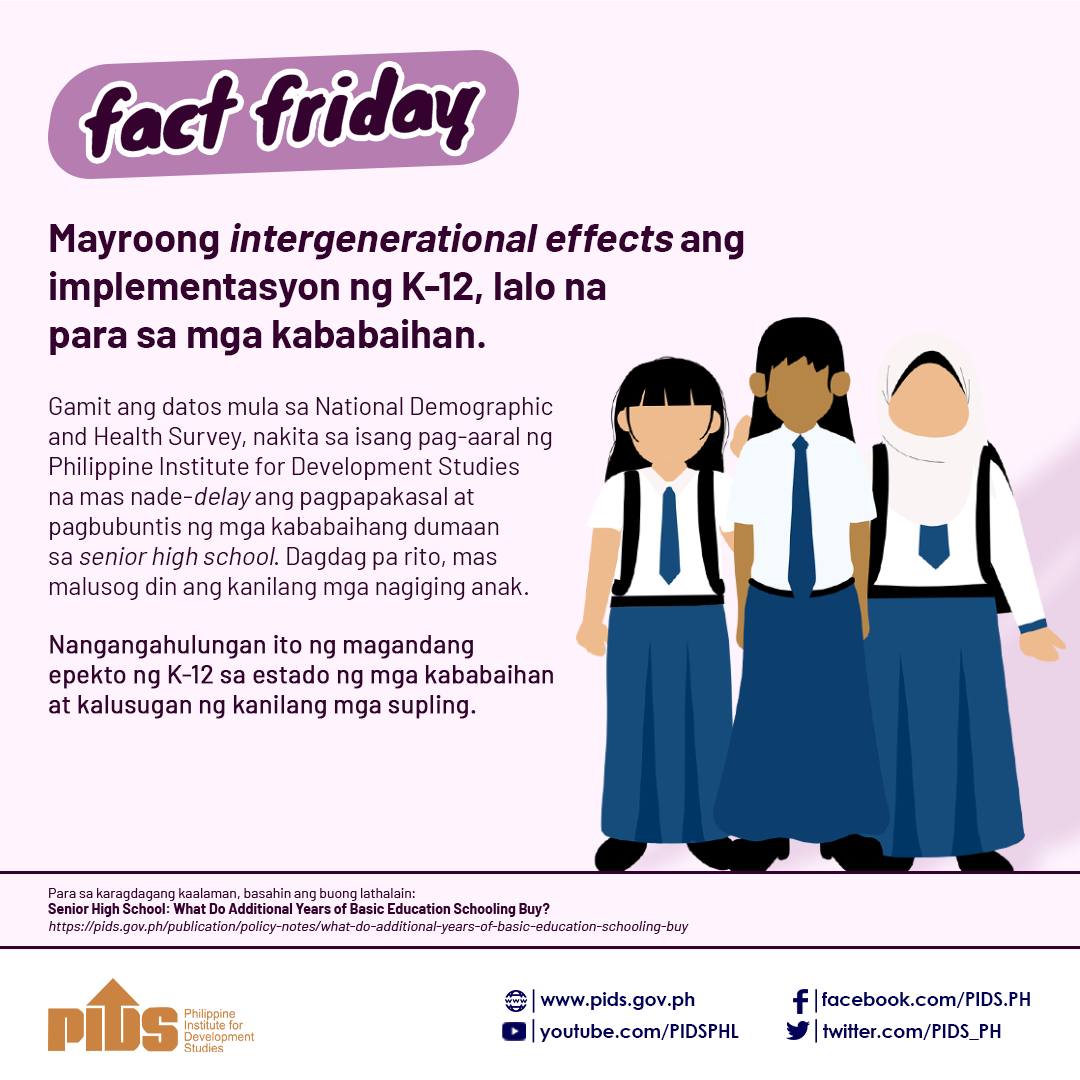True to its laughable pretense that there are no students in high school who cannot read, the Department of Education (DepEd) has never admitted the need to teach these reading laggards. With the coming 2022 Program for International Student Assessment (PISA), let me then disabuse the minds of people whom DepEd has fooled.
Given the following evidence, it can be safely assumed that some of our 2018 PISA takers were non-readers or were struggling readers.
A DepEd Region 4A report that “there are still non-readers even in grades 7 and 8 and readers with very poor comprehension in the higher grades.”
The documentary “Pag-asa sa Pagbasa” aired by I-Witness, GMA 7 on 1 September, 2018 featuring the 29 Grade 7 non-readers at the Sauyo High School in Novaliches, Quezon City.
Policy notes of the thinktank Philippine Institute for Development Studies entitled “Pressures on public school teachers and implications on quality” issued in February 2019, recommending a stop to the DepEd practice of sending non-readers to high school.
Bicol Mail news report “DepEd Bicol launches 5Bs to improve reading proficiency” (22 February 2020), in which DepEd Regional Director Gilbert Sadsad admitted there were 76,000 students from Grade 1 to senior high school “who were either struggling to read or unable to read.”
Baguio Midland Courier news report “Filipino subject top among grade 6, 10 Baguio learners” (24 November, 2019) baring that
For schoolyear 2018-2019, the Baguio City Schools Division had 52 non-readers in Grade 7 even after interventions have been undertaken. This is very telling because based on its performance in the National Achievement Test, Baguio City is the top school division in the country.
DepEd’s finding that Filipino 2018 PISA takers had difficulty with open response questions, hinting at illiteracy.
With the DepEd’s stance preventing honest to goodness action against the illiteracy problem, our examinee-contingent to the 2022 PISA will surely have more non-readers and struggling readers than there were in the 2018 PISA. My suggestion is to identify these students immediately and make them undergo a reading crash course with those unable to read disallowed from sitting in the assessment.
There is no justification whatsoever for any student to be in high school if he or she cannot read. In fact, under current DepEd policies, there should be nobody who cannot read in Grade 4, thus it is only hocus-pocus at DepEd that allows non-readers to populate the higher grades.
Consider these points: The K-to-12 Curriculum assigns the acquisition of reading competency to Grades 1 to 3. “The Every Child a Reader Program” (ECARP) prohibits the promotion to Grade 4 of a pupil who has not mastered the basic literacy skills.
The presence of non-readers in high school mocks the Constitution which states that, “The State shall protect and promote the right of all citizens to quality education at all levels and shall take appropriate steps to make such education accessible at all.”
That non-readers are able to reach high school renders hollow the Enhanced Basic Education Act of 2013 which declares that the state shall “give every student an opportunity to receive quality education that is globally competitive based on a pedagogically sound curriculum that is at par with international standards.”
Given the fact that English is our primary medium of instruction and local and international test language, any reasonable interpretation of the law means that our school children should be reading in English in Grade 1. But the reality is that we have public high school students who cannot read in any language.
All students eligible for the 2022 PISA must be given spelling tests using the simplest English words, and those exposed as non-readers and frustration level readers must be made to undergo a reading crash course. At the end of the course, those still unable to read passably should be remanded to Grade 3. Only those who will pass should be allowed to take the PISA.
To ensure the integrity of the results, an independent and reputable third party must conduct both the tests and the release of the results. In no way should the procedure involve the DepEd because of the agency’s appalling lack of honesty and seriousness in the implementation of its existing reading policies.












